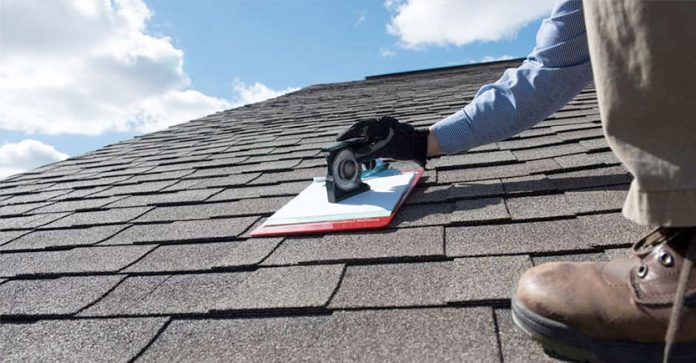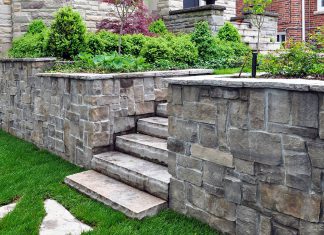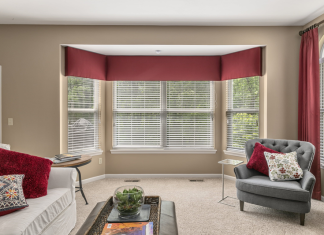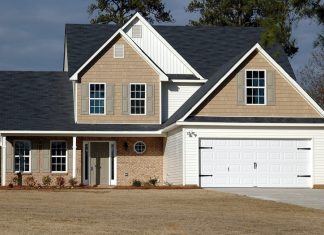Philadelphia, with its diverse architecture and weather patterns, presents unique challenges and opportunities for residential roofing services. Homeowners need to understand various aspects of roofing to make informed decisions about repairs, replacements, and maintenance. Here are some key facts about residential roofing services in Philadelphia.
Types of Roofing Materials
Philadelphia homes feature a variety of roofing materials, each with its own set of advantages and considerations:
Asphalt Shingles
The most popular roofing material in Philadelphia, asphalt shingles, are cost-effective, durable, and available in a wide range of colours and styles. They typically last 20-30 years and are relatively easy to install and repair.
Slate Roofing
Philadelphia’s historic homes often have slate roofs, prized for their longevity and aesthetic appeal. Slate can last over a century if properly maintained, but it is more expensive and requires specialised installation and repair skills.
Metal Roofing
Increasingly popular due to its durability and energy efficiency, metal roofing can last 40-70 years. It is resistant to extreme weather conditions, making it a good choice for Philadelphia’s variable climate.
Flat Roofing
Common in Philadelphia’s row houses and commercial buildings, flat roofs often use M rubber or TPO. These roofs require regular maintenance to prevent leaks and extend their lifespan.
Wood Shakes and Shingles
Although less common, some Philadelphia homes feature wood roofing, which offers a natural, rustic look. Wood roofs require more maintenance and are susceptible to fire and insect damage, but they can last 30-40 years with proper care.
Climate Considerations
Philadelphia experiences many other conditions, including hot, humid summers, cold winters, and frequent rain. These climate factors significantly impact roofing choices and maintenance needs:
Heat and Humidity
High temperatures and humidity can cause roofing materials to expand and contract, leading to cracks and leaks. Asphalt shingles, in particular, may age faster under these conditions.
Snow and Ice
Winters in Philadelphia can bring snow and ice, which can cause ice dams on roofs. Proper insulation and ventilation are crucial to prevent these issues and ensure roof longevity.
Rain and Wind
Philadelphia’s frequent rainstorms and occasional high winds require roofs to be well-sealed and securely fastened to withstand water infiltration and wind damage.
Common Roofing Issues
Leaks and Water Damage
Due to the city’s regular rainfall, leaks are a frequent issue. Water infiltration can lead to mould growth, structural damage, and compromised insulation.
Missing or Damaged Shingles
High winds and storms can cause shingles to become loose or damaged, leading to potential leaks and decreased roof integrity.
Flashing Problems
Flashing, which seals roof joints and edges, can deteriorate over time, causing leaks around chimneys, skylights, and vents.
Poor Ventilation
Inadequate roof ventilation can lead to heat buildup, increased energy costs, and accelerated ageing.
Gutter Issues
Clogged or damaged gutters can cause water to back up and damage the roof’s edge, leading to leaks and wood rot.
Choosing a Roofing Contractor
Selecting the right roofing contractor in Philadelphia involves several key considerations:
- Licensing and Insurance: Ensure the contractor is licensed and insured to protect against liability and guarantee compliance with local building codes.
- Experience and References: Look for contractors with extensive experience in the Philadelphia area and check references to gauge their reliability and quality of work.
- Local Knowledge:A contractor familiar with Philadelphia’s architecture and climate will be better equipped to recommend suitable materials and solutions.
- Written Estimates and Warranties: Obtain detailed written estimates and inquire about warranties on both materials and artistry. This transparency helps avoid unexpected costs and ensures long-term protection.
- Customer Reviews: Online reviews and ratings on platforms like Google, Yelp, and the Better Business Bureau (BBB) provide insights into the contractor’s reputation and customer satisfaction.












